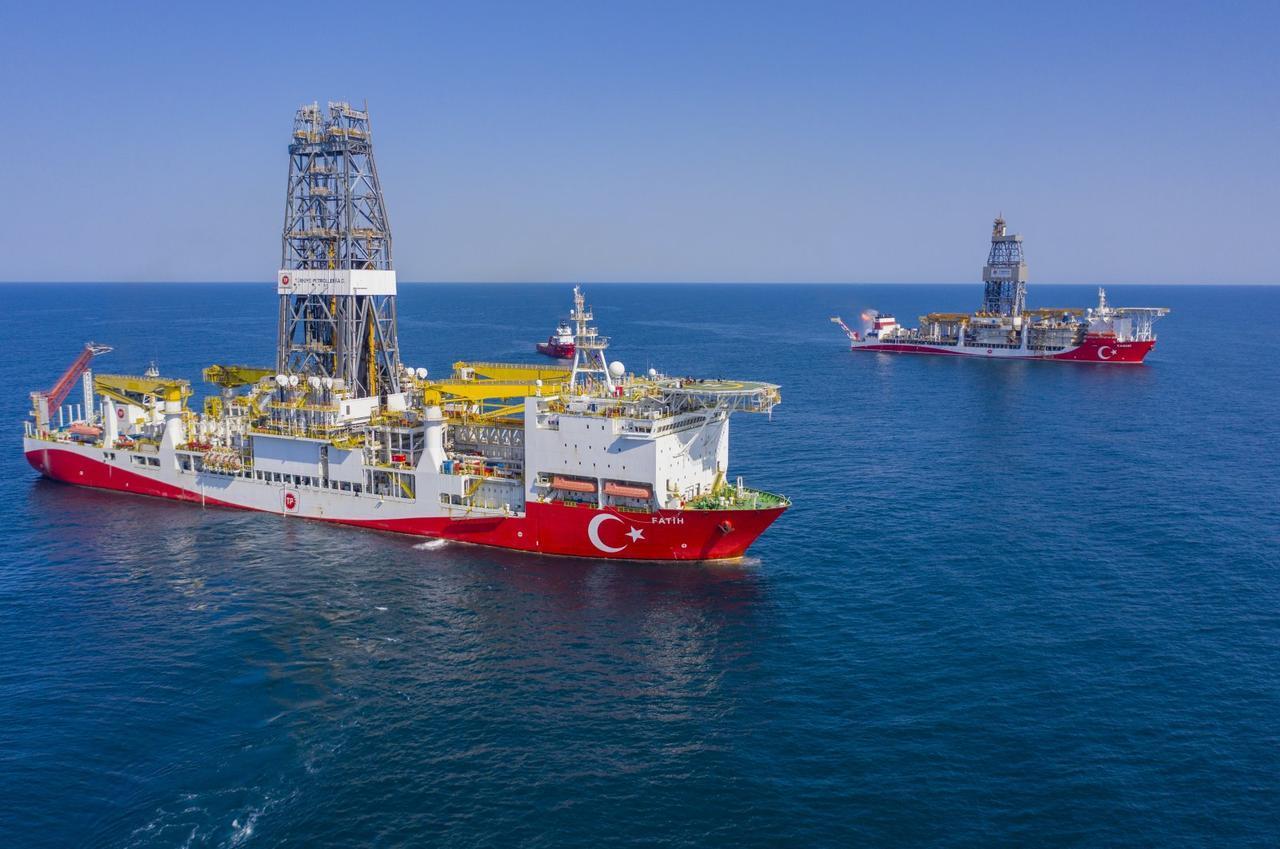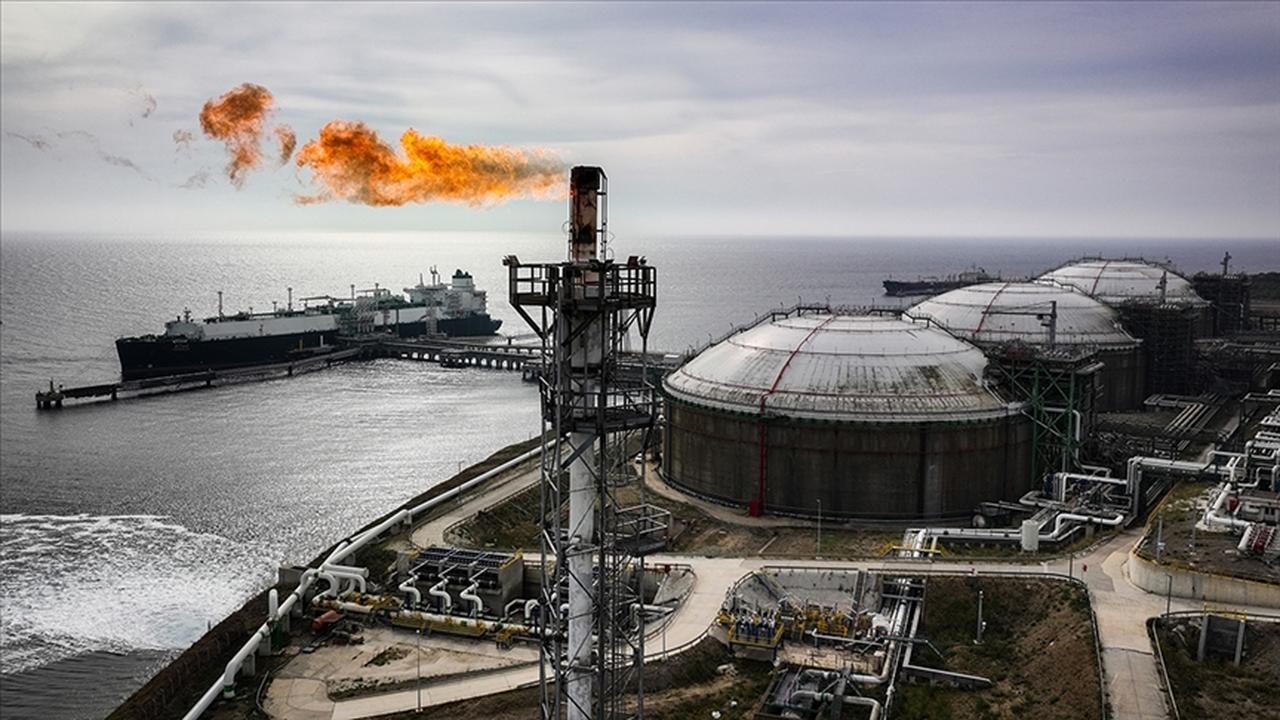
Türkiye has discovered a new natural gas reserve totaling 75 billion cubic meters in the Goktepe-3 well in the Black Sea, a find President Recep Tayyip Erdogan on Saturday called a major step toward energy independence and greater geopolitical influence.
The discovery was made by the Abdulhamid Han, one of Türkiye’s state-of-the-art deepwater drilling vessels, at a depth of approximately 3,500 meters. The Goktepe-3 site lies 69 kilometers west of the Sakarya Gas Field and 165 kilometers from the shore.
Drilling, testing and logging operations began on March 27 and continued for 50 days before the official announcement on May 16.
The reserve, valued at $30 billion, is expected to meet all household gas needs in Türkiye for about three and a half years.
Oguzhan Akyener, president of the Turkish Energy Strategies and Policies Research Center (TESPAM), said the Black Sea—especially the area around the Sakarya Gas Field—has been methodically explored in recent years.
“New gas-bearing formations are constantly being tested and evaluated,” Akyener said. “At a price of 15 lira per cubic meter, the 75 billion cubic meters translates to about 1.2 trillion liras—roughly $30 billion based on the current exchange rate.”
He added that production would be gradual: “We won’t extract all 75 billion cubic meters at once. If the maximum annual production reaches six billion cubic meters, the output will be stretched over many years.
“But I believe our national oil company can manage this efficiently. We’ve already built significant expertise in Black Sea operations. With existing infrastructure in place, expanding capacity will be much easier.”
Türkiye’s total confirmed gas reserves in the Black Sea now stand at 785 billion cubic meters, Akyener said.
“This is great news for our country. Our current account deficit remains high, and energy imports are a big part of that. Every new cubic meter of gas we produce helps reduce foreign dependency,” he noted.
Production will depend on development plans set by the Ministry of Energy and Natural Resources, he said.
“For example, if production starts 10 years from now and reaches full capacity, we might see five to six billion cubic meters extracted annually. That would cover about 7 to 8 percent of Türkiye’s annual gas consumption, which is currently around 60 billion cubic meters.”

Akyener also highlighted the broader geopolitical impact: “Türkiye has strengthened its position—not only politically and militarily, but also diplomatically. Energy is a core part of this strategy. These discoveries, together with increasing output from fields like Gabar and our international projects in places like Somalia, all reinforce our role as a central energy hub.”
He said Türkiye is already transitioning from an importer to an exporter of gas.
“We’ve been supplying gas to Balkan countries, and now Syria is also being added,” he said. “According to the latest statements by the minister of energy, we’re working on plans to export to Syria. Gas shipments to Nakhchivan will also continue.”
“Each new discovery takes us closer to our goal of becoming a key player in regional gas trade,” Akyener said.